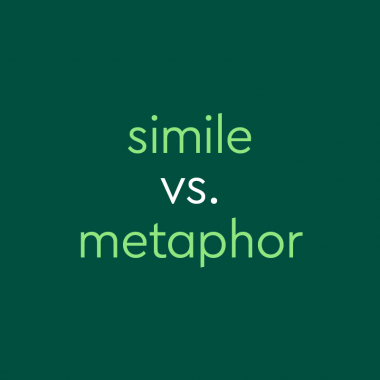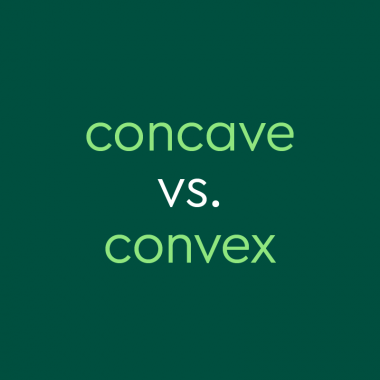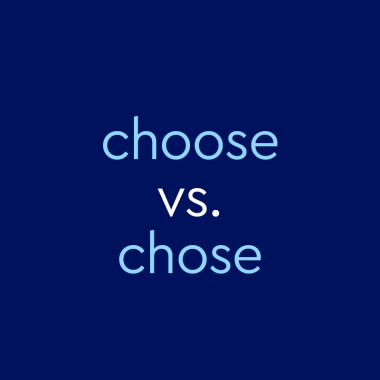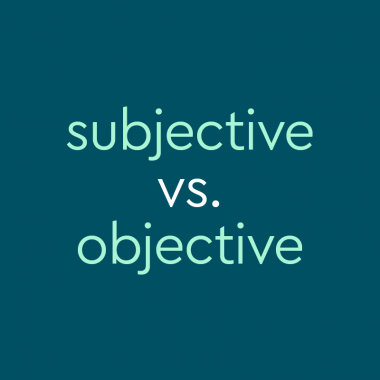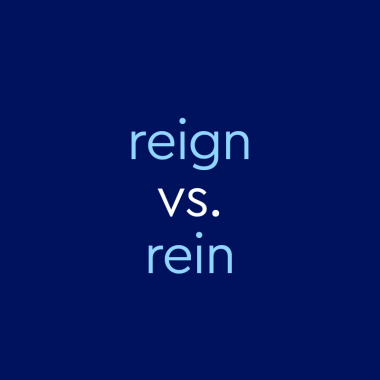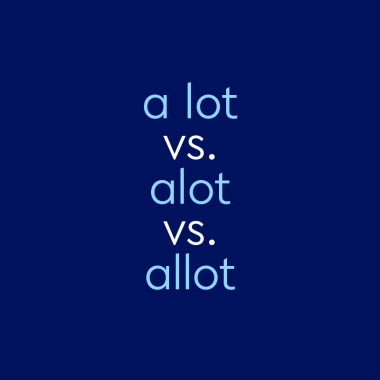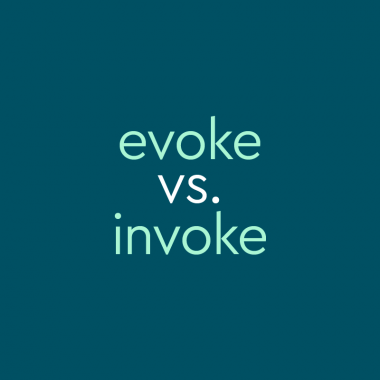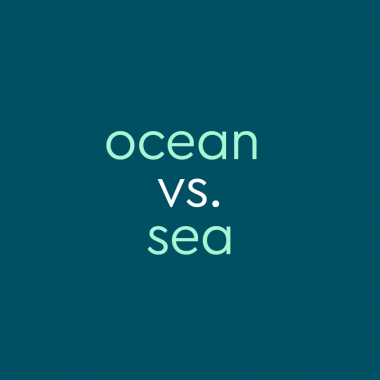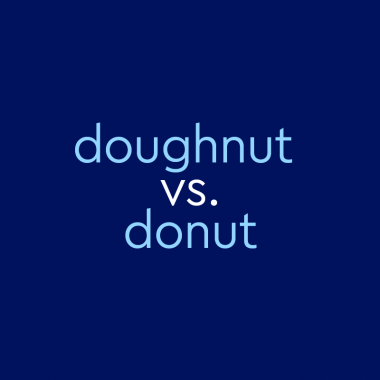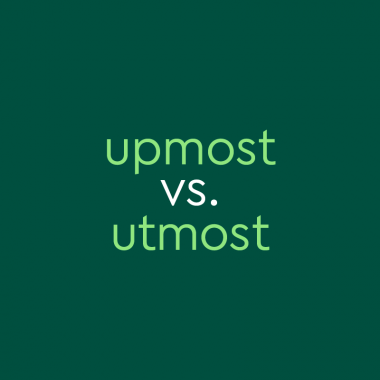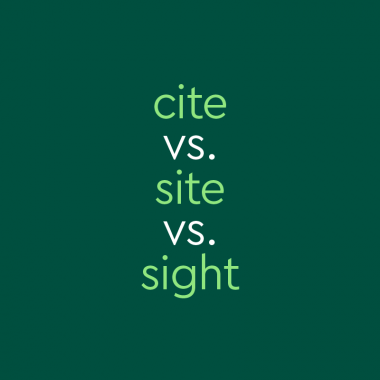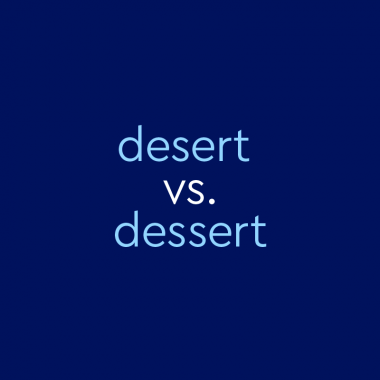Simile vs. Metaphor: Understand The Difference
The difference between a metaphor and a simile is like the difference between precious metals and gems (both are valuable and useful, but one can take many more forms). Understanding this difference—and knowing how to use both—can be a jewel in the crown of your writing, making your descriptions and comparisons more colorful and engaging. See what we did here? That first sentence uses a simile, …
